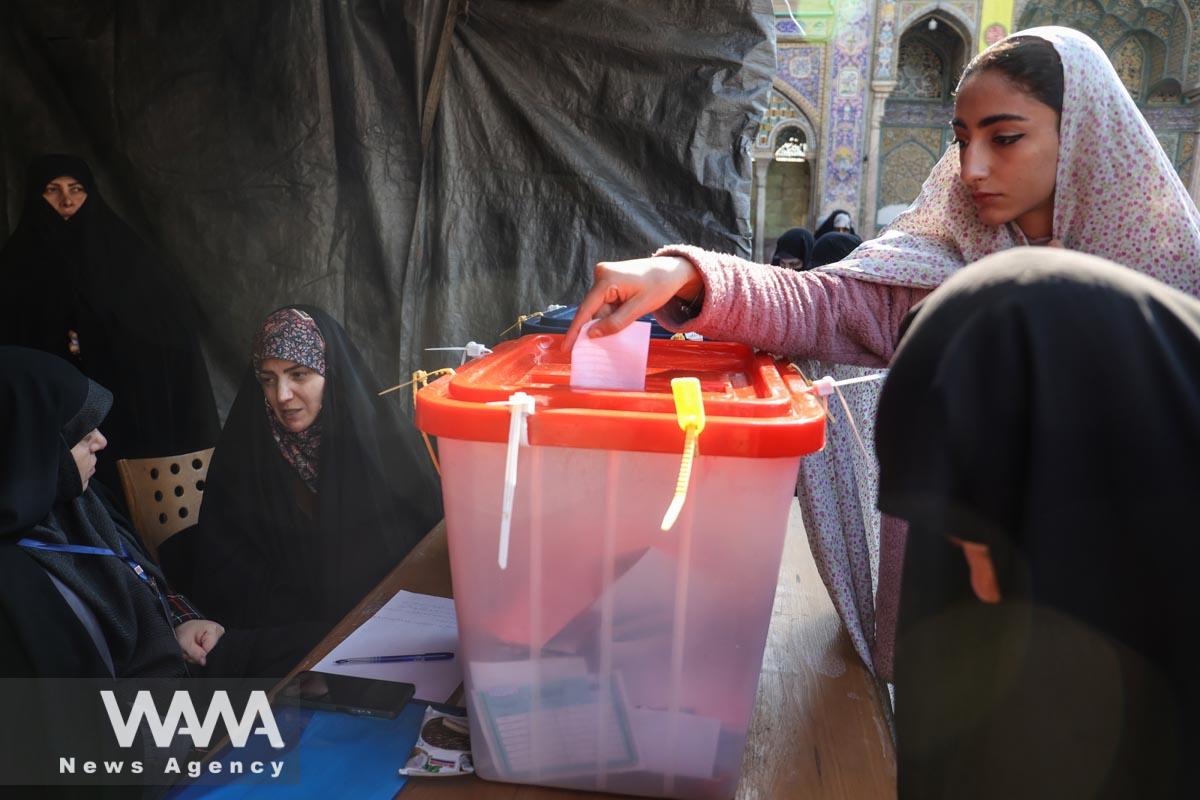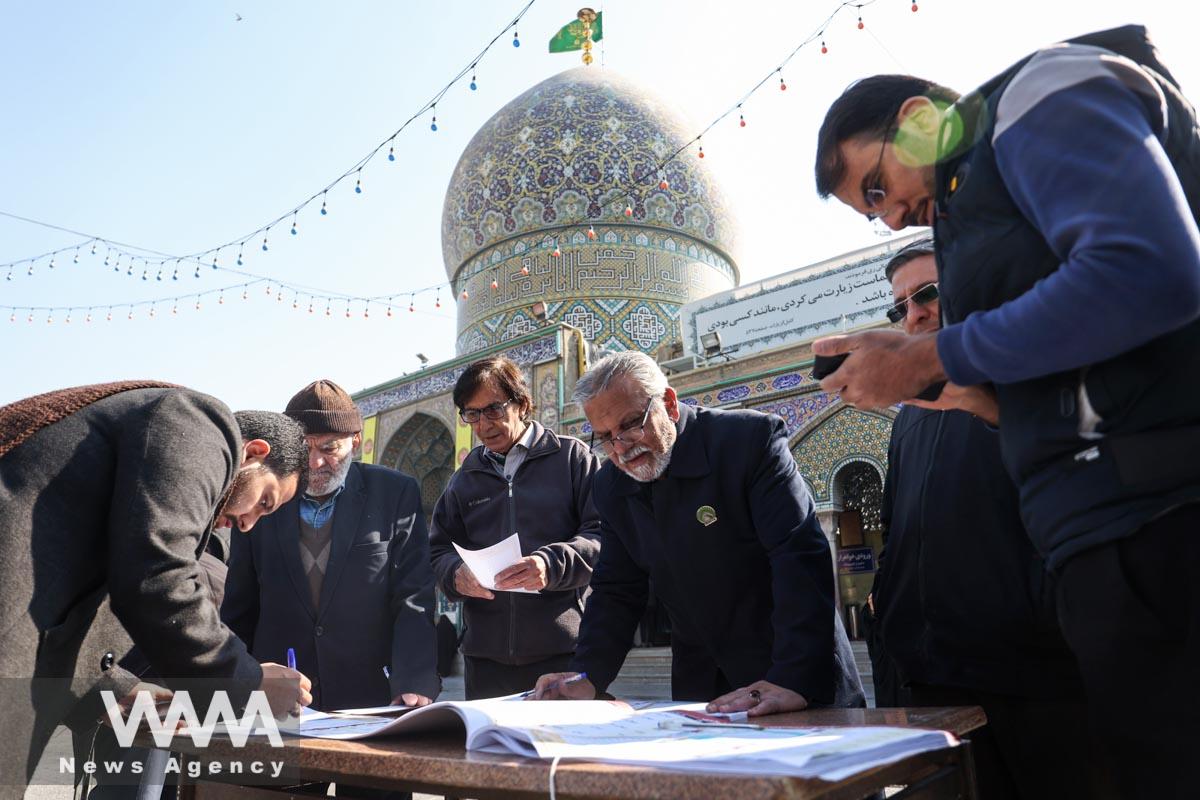Flaws in Western View on Iran Presidential Election
ٌWANA (June 19) – Since the death of President Ebrahim Raisi in a helicopter crash, Western media outlets and political analysts have been speculating about the implications of his passing. They argue that his death will not “bring significant political change” and that “the regime’s priorities are continuity and stability.”
However, these perspectives overlook the significant influence that Presidents in Iran have on domestic and foreign policy alongside other governing bodies. This influence can be observed in various administrations throughout Iran’s history.
During the presidency of Mohammad Khatami, he launched a charm offensive towards the West by fully engaging with the European Union and the “Collective West” in general. Khatami introduced the theory of Dialogue Among Civilizations as a counter to Samuel P. Huntington’s “Clash of Civilizations” theory. Domestically, Khatami’s policies sharply differed from those of conservatives who sought stricter Islamic rule.
Similarly, during Hassan Rouhani’s presidency, the approach was relatively consistent, and if elected, the reformist candidate Masoud Pezeshkian is expected to follow suit. Regarding foreign policy, Pezeshkian advocates for diplomacy and negotiation, asserting that it does not equate to humiliation. He has stated that his government would not “fight with anyone,” clearly opposing the prevalent anti-U.S. sentiment in Iran.

An Iranian woman casts her vote during parliamentary elections at a polling station in Tehran, Iran, March 1, 2024. Majid Asgaripour/WANA (West Asia News Agency)
In the 2024 snap presidential elections, there is a fundamental ideological divide among the candidates, including the conservative hopefuls. Mohammad Bagher Ghalibaf, whom some Western observers consider a potential future president of Iran, and Saeed Jalili hold starkly different views on foreign policy.
Jalili believes that mismanagement of resources has a more significant impact on the country’s economy than sanctions, whereas Ghalibaf emphasizes the importance of removing sanctions. Despite Western predictions favoring Ghalibaf, a reformist candidate stands a better chance of winning if voter turnout is high.
The Guardian Council, which qualifies candidates for election eligibility, has faced criticism for what some call biased interpretations of eligibility factors in several presidential elections. The council’s independence was highlighted when it disqualified former Parliament speaker Ali Larijani from the 2021 presidential election. After his disqualification, Iran’s leader remarked, “Some candidates were wronged.
They were accused of untrue things” and called on “the responsible bodies to restore their honor.” However, the decision was not reversed, and Larijani was also disqualified in this snap election. The council has repeatedly stated that “no one dares to put pressure on the Guardian Council in reviewing the qualifications.”
Some Western analysts suggest that Iran is preparing for a potential second Donald Trump administration in the U.S. or a new round of confrontation with the West. They claim that the approval of Pezeshkian from the reformist camp is an attempt to enhance the legitimacy of the governing system.
However, the reality is that the U.S.’s “maximum pressure” policy against Iran has failed, even by Washington officials’ admission. Tehran’s strategic oil sector saw remarkable growth of 20.3% in 2023-2024. According to recent official statistics, Iran’s yearly economic growth has approached 6%, and it continues to grow despite sanctions.
By WANA writer

Latest Iran’s Presidential debate quotes
WANA (June 18) –The essential parts of the presidential candidates’ comments in the first televised debate are here. Candidates will debate each other in 5 rounds. The presidential elections in Iran will be held on June 28, 2024. Mostafa Pourmohammadi: The government’s duty is to ensure security and provide people with a life of […]












